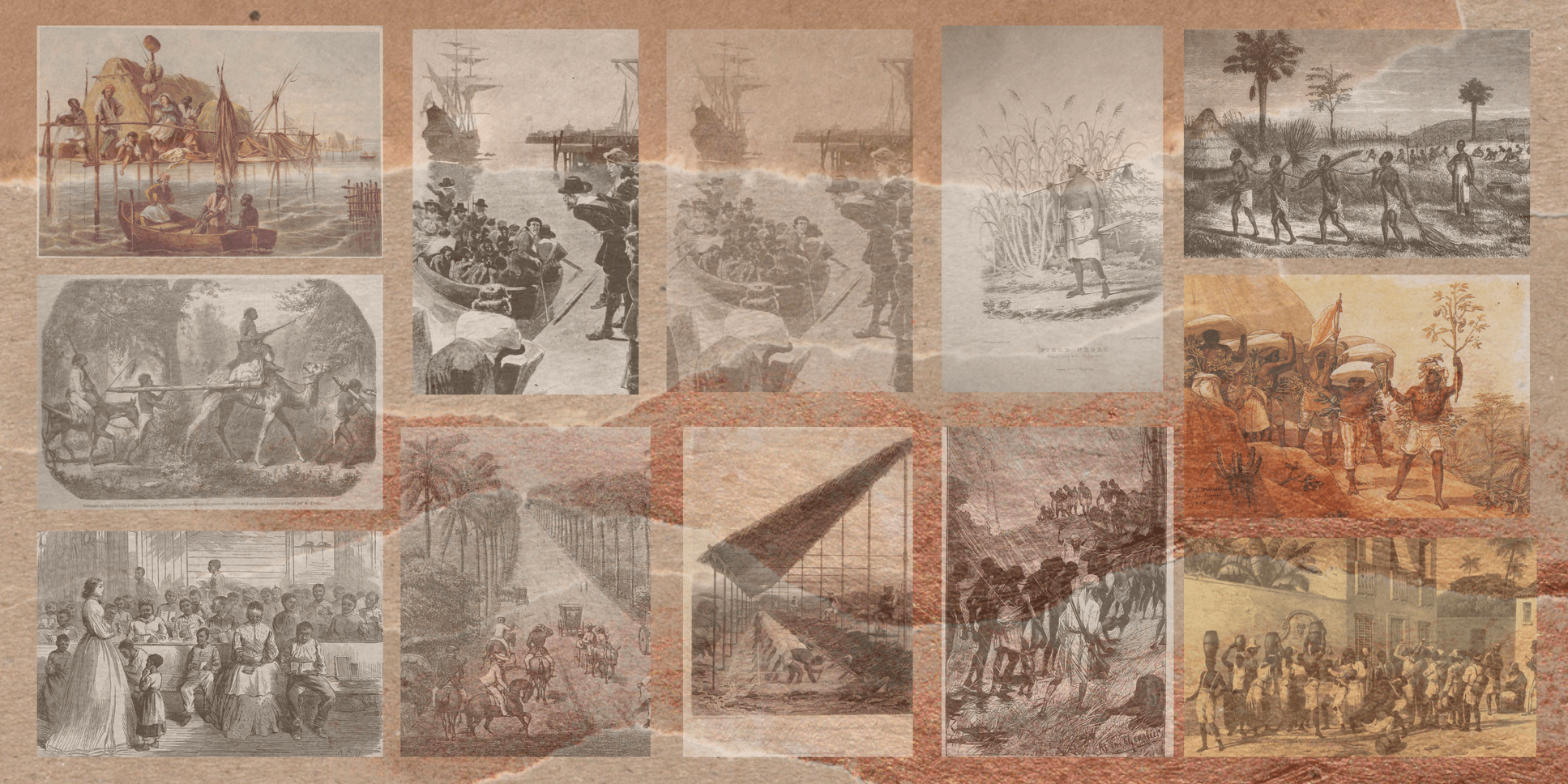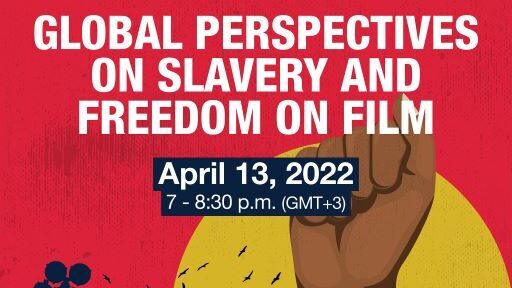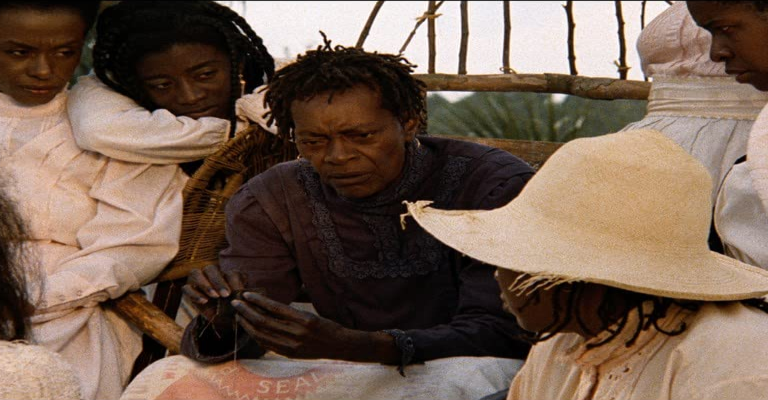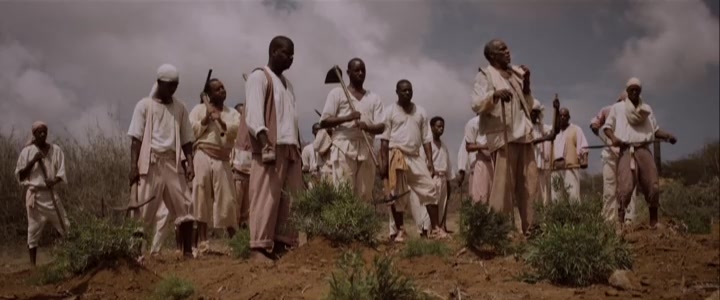Cinematic Afterlives: Film and Memory in the Black Atlantic

Cinematic Afterlives: Film and Memory in the Black Atlantic
“The demands of the slave on the present have everything to do with making good the promise of abolition, and this entails much more than the end of property in slaves. It requires the reconstruction of society, which is the only way to honor our debt to the dead. This is the intimacy of our age with theirs–an unfinished struggle. To what end does one conjure the ghost of slavery, if not to incite the hopes of transforming the present?” – Saidiya Hartman, Lose Your Mother (Macmillan Publishers, 2008).
Background and Scope
Cinematic Afterlives is a research project under the Race and Society research cluster at the Center for International and Regional Studies at Georgetown University in Qatar. Organized by Professor Trish Kahle, this initiative is more than a film series and aims to create a space for social engagement with cinema and the history of slavery in the Black Atlantic, using a variety of lectures and panels, film screenings, and audience discussions. The project will also encourage greater public attention to the connections between histories and afterlives of slavery in the Atlantic and Indian Ocean worlds.
One of the key aims of this project is to facilitate sustained public dialogue on how history and memory in the Black Atlantic, as depicted through cinema, has shaped and been shaped by ongoing struggles for justice around the world, from the Black Lives Matter movement to demands for expanded rights and protections for migrants.
Featured Content

Commentary: “God Don’t Mean People to Own People”

Panel Discussion
Global Perspectives on Slavery and Freedom on Film April 13 7 PM Qatar time

Community Discussions
Faculty Lead
Trish Kahle
Assistant Professor at Georgetown University- Qatar



